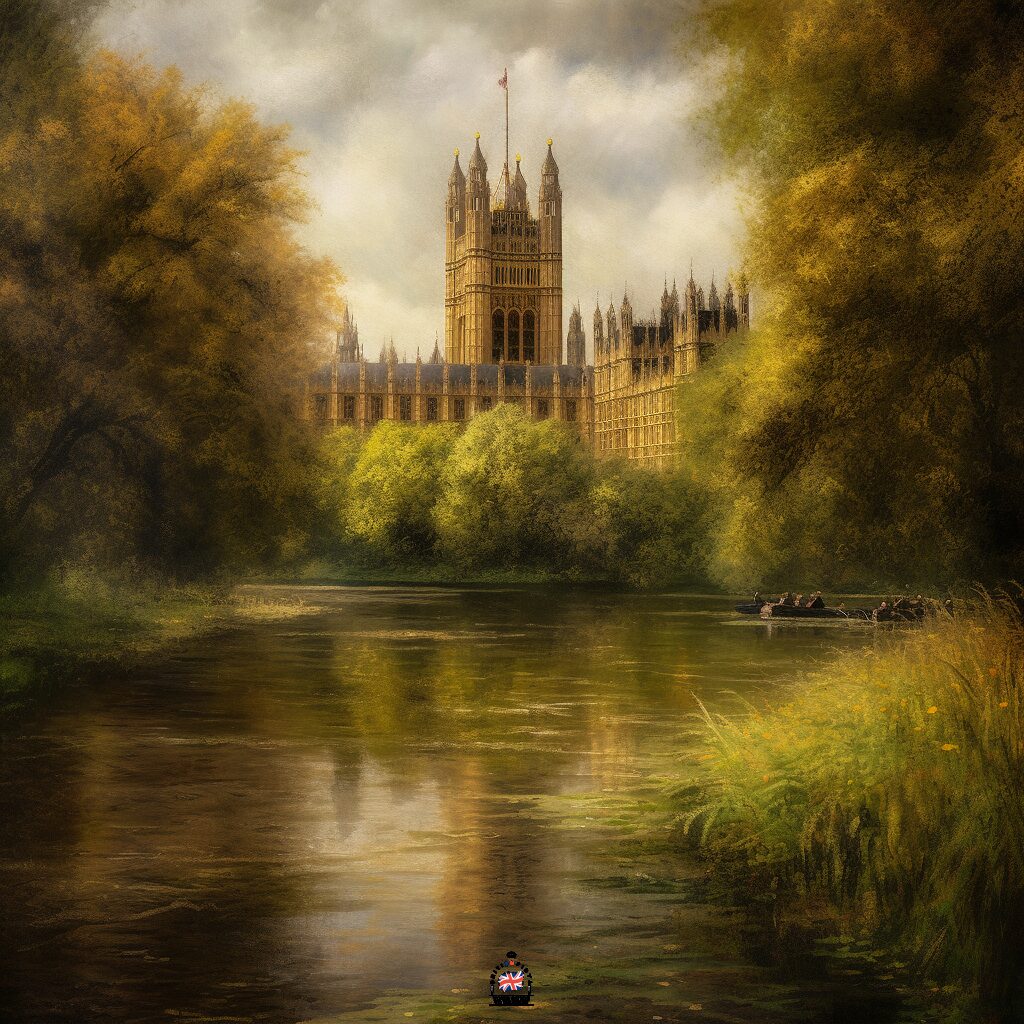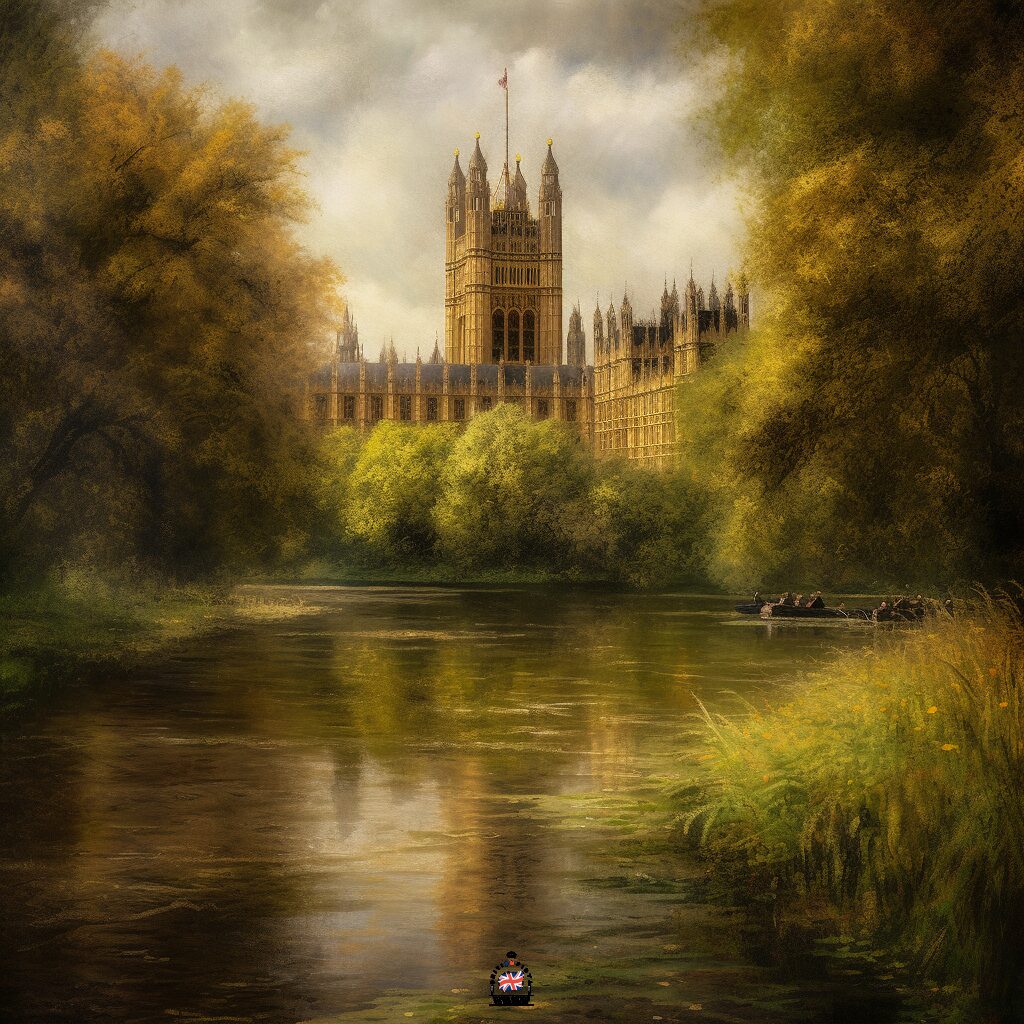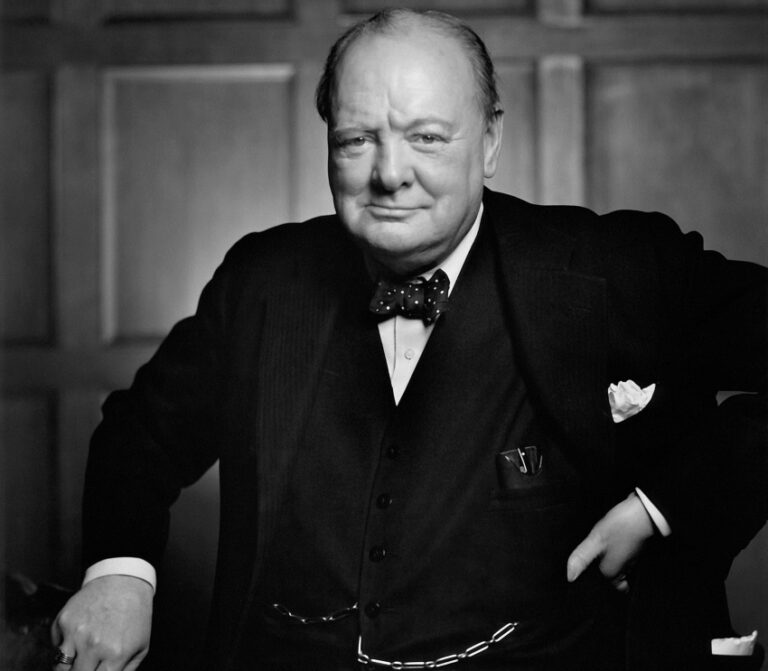Understanding the UK Parliament
Learn about the UK Parliament: its role, structure, and key functions. Understand how laws are made and how MPs represent constituents.
Have you ever wondered how decisions are made in the UK that impact millions of people every day? Well, the answer lies in the UK Parliament. It is the epicenter of British politics, where members of Parliament come together to debate and pass laws that shape the future of the country. But what exactly is the UK Parliament, and how does it work? This is what we will learn in this post

A Brief History of the UK Parliament
Origins of the Parliament
The UK Parliament’s roots trace back to the early 13th century when King John agreed to the Magna Carta in 1215. This document limited the power of the monarchy and established the principle that the king should govern according to the law. Over time, the need for the monarch to consult with representatives of the people grew, leading to the formation of the Parliament as we know it today.
The Development of Parliamentary Democracy
The UK Parliament has evolved significantly over the centuries. Early iterations consisted primarily of the King’s Council, comprising barons and church leaders. The first English Parliament, including representatives of the common people (known as burgesses), was summoned by King Edward I in 1295. Through a series of reforms and events, such as the Glorious Revolution of 1688, the UK Parliament transformed into a more democratic institution with a constitutional monarchy at its core.
The Structure of the UK Parliament
The UK Parliament is a bicameral institution, consisting of two houses – the House of Commons and the House of Lords – and the Monarch.
The Monarch
The Monarch, currently King Charles III, has a mostly symbolic role in the functioning of the Parliament. The Monarch formally opens and dissolves Parliament and gives Royal Assent to bills passed by both Houses, turning them into law.
The House of Commons
The House of Commons is the lower house of the UK Parliament and holds the most legislative power. It consists of 650 elected Members of Parliament (MPs), who represent the constituencies across the United Kingdom.





